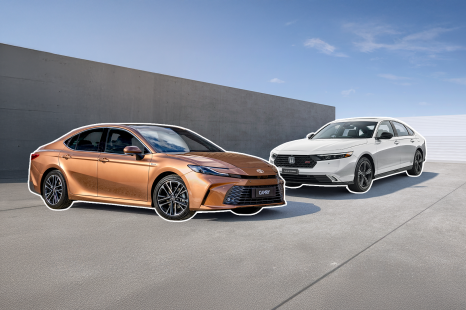

Andrew Maclean
2025 Honda Accord e:HEV RS vs Toyota Camry SL: Spec Battle
3 Months Ago

Contributor
Porsche has paired up with chemical company BASF to develop next-generation lithium-ion batteries.
The new batteries will be built at a new factory in Tübingen by Cellforce, a joint venture between Porsche and German battery company Customcells.
Set to open in 2024, the factory will be able to make 100MWh worth of batteries per year. According to Porsche, that’s enough to power up to 1000 race or road cars.
Why BASF? The company sustainably supplies “high-performance cathode active materials” for batteries – usually cobalt, nickel, or manganese, or a combination of the three – and has partners to recycle them at the end of life.
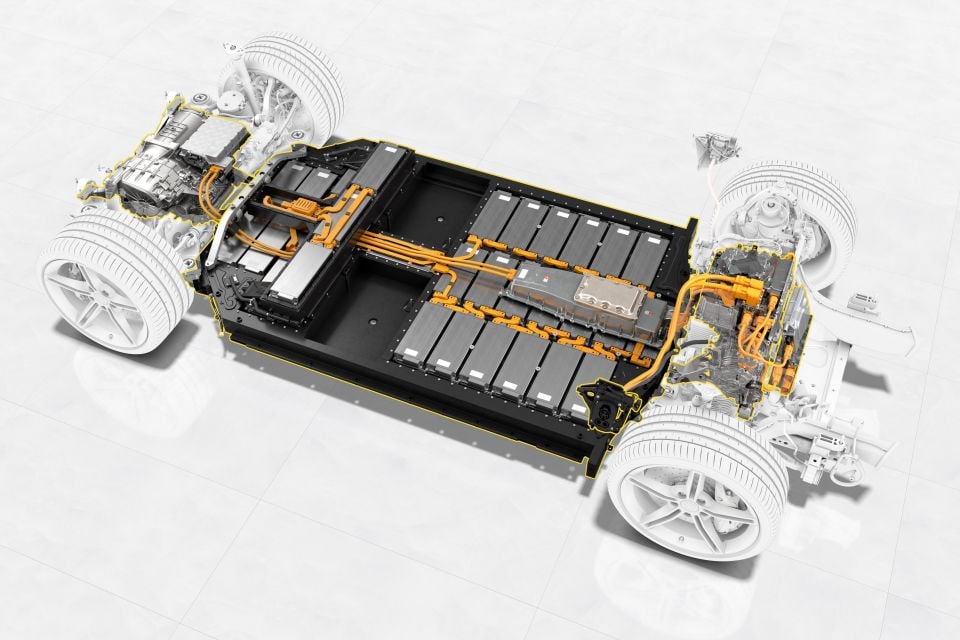
Waste from the production of the batteries at the Cellforce factory, and the raw materials at the end of a battery’s life, “will be recycled in a hydrometallurgical process and re-introduced into BASF’s production process for cathode active materials”.
Porsche has dived headfirst into the world of electric cars with the Taycan, and is planning to launch an electric Macan SUV built on a Volkswagen Group platform.
The Macan EV will use the new Premium Platform Electric (PPE) that Porsche is co-developing with Audi.
Capable of underpinning medium and large sedans, wagons and SUVs, it’ll complement the J1 platform used by the Porsche Taycan and upcoming Audi E-Tron GT that’s been designed for lower, sportier models.
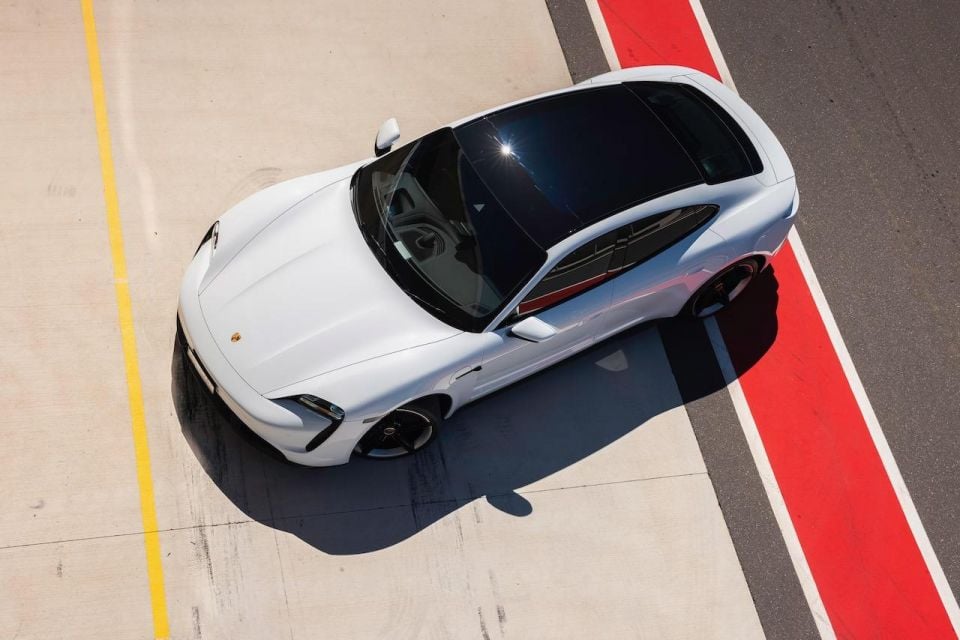
We don’t yet know what electric powertrains the Macan EV will use, though we expect the model range to follow a similar naming structure to the Taycan.
The Taycan is available in 4S, Turbo and Turbo S models, with a Performance Battery Plus option on the base and 4S variants. There’s also a less powerful base model available in other markets.
Porsche’s first EV is available with either a 79.2kWh or 93.4kWh lithium-ion battery, with outputs ranging from 390kW of power and 640Nm in the regular Taycan 4S to 560kW of power and 1050Nm in the Turbo S.
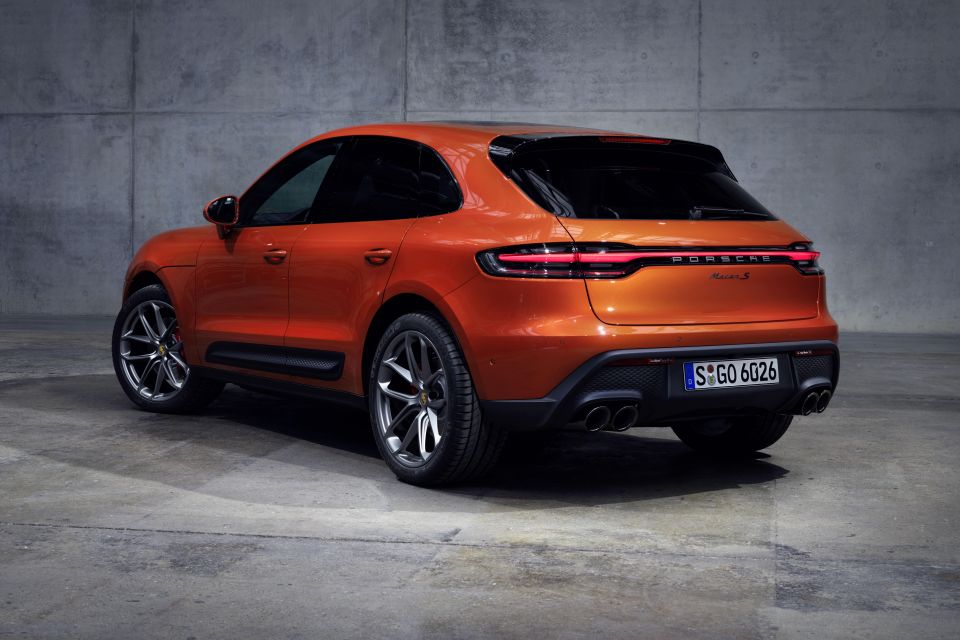

The existing, internal combustion-powered Macan will continue alongside its new electric sibling for a few years.
Where expert car reviews meet expert car buying – CarExpert gives you trusted advice, personalised service and real savings on your next new car.
Scott Collie is an automotive journalist based in Melbourne, Australia. Scott studied journalism at RMIT University and, after a lifelong obsession with everything automotive, started covering the car industry shortly afterwards. He has a passion for travel, and is an avid Melbourne Demons supporter.


Andrew Maclean
3 Months Ago
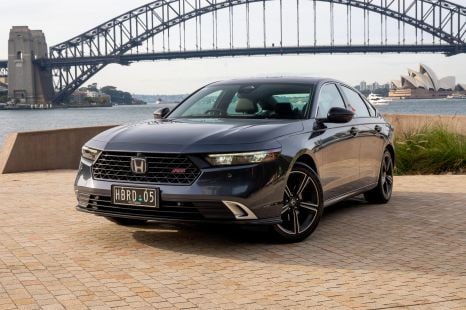

Andrew Maclean
3 Months Ago
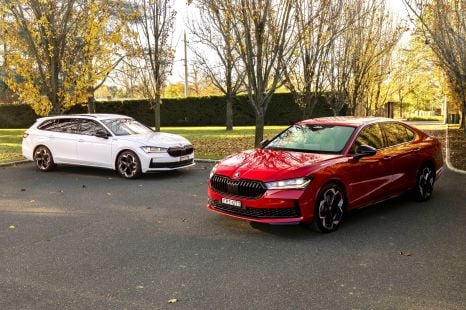

Max Davies
2 Months Ago
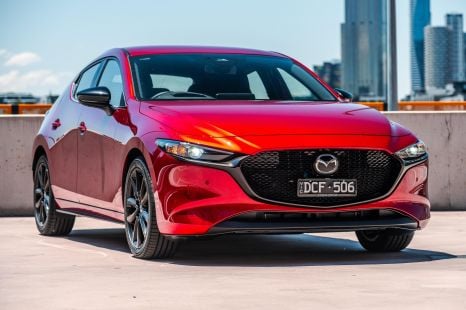

Josh Nevett
2 Months Ago
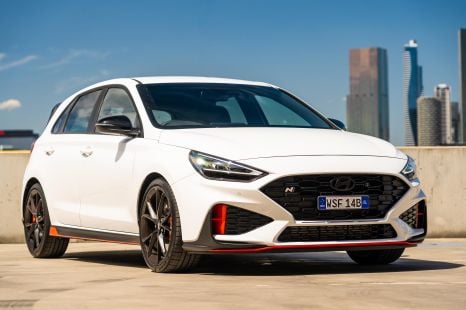

Josh Nevett
2 Months Ago
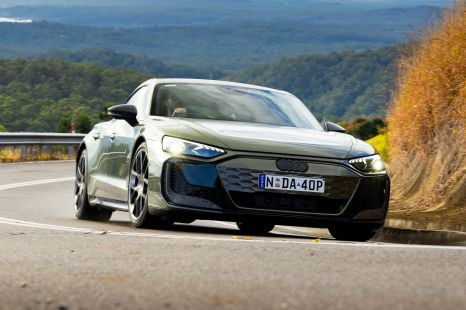

James Wong
2 Months Ago